The Taliban have always had a strange misogynist world view, weirdly preoccupied by sex. The first time they were in power in Afghanistan in the late 1990s, the governor of the western province Herat banned women from walking or talking in the street outside his office, in case he was distracted by footsteps “or hearing the sound of their laughter.” The Taliban attempted to control every aspect of life. But it has taken until now, three years into their second period of power, for them to impose the full set of restrictions they imposed then.
The last three years have been bad enough, particularly for women and girls, banned from education and employment, and encircled by dozens of rules. The UN recently said that the country has been living in a “climate of fear and intimidation.” Both men and women have been publicly stoned to death in public for “adultery,” and flogged for lesser offenses. Now the Ministry of Propagation of Virtue and Suppression of Vice has imposed a further list of 35 restrictions, attempting to regulate all personal interaction even more rigidly.
Women, of course, once again bear the brunt of these sex-obsessed terrorists’ new rules and are now forced to wear full-face covering “to avoid temptation and tempting others.” The Vice and Virtue Ministry occupies the building that formerly housed the Ministry for Women, crushing all symbols of women’s rights. Women are not permitted even to look at a man who is unrelated to them, and their bodies should be covered at all times in clothing that is not tight, thin, or short. They are banned from singing, reciting, or speaking in public — not that there has been much opportunity for that since the fall of the republic in August 2021.
But the Taliban are also obsessed by how men present themselves. Trousers should be worn above the ankle, hair kept long, mustaches trimmed, but beards kept at a fist’s length below the chin. In one of the madder moments in a press conference to announce the new restrictions, Vice and Virtue’s director of planning Mohibullah Mokhlis revealed that almost 300 officers have been fired from the armed forces for not having a beard. Others had been “corrected.” Some soldiers “who repeated the violation have been sent to military courts.”
In other recent public displays showing a renewed intent to impose their will, the Taliban have made giant bonfires of musical instruments and sound systems, are demanding that people pray five times a day, and that public transport should stop for prayers. For the first time since they took over in 2021, they have also banned the publication of images of living beings, which could mean the end of TV channels, which have remarkably survived until now.
The world ignores this insanity at its peril. While imprisoning a nation of 40 million people, the Taliban are giving free rein to thousands of international Islamist terrorists, including acting as hosts for a resurgent al-Qaeda. There have been a number of Islamic State attacks, mostly in Central Asia, tracked back to Afghanistan; unless there is more effective action against the Taliban, it is not a matter of if, but when, there will be an attack beyond the region.
The world ignores this insanity at its peril. While imprisoning a nation of 40 million people, the Taliban are giving free rein to thousands of international Islamist terrorists, including acting as hosts for a resurgent al-Qaeda. There have been a number of Islamic State attacks, mostly in Central Asia, tracked back to Afghanistan; unless there is more effective action against the Taliban, it is not a matter of if, but when, there will be an attack beyond the region.
Other countries, including the UK, have adopted a policy of constructive engagement: talking to Taliban representatives in Doha, negotiating to send in aid to ameliorate chronic conditions in food and health care, and dangling full recognition of the regime in return for the Taliban allowing a more inclusive government for women and tribal minorities. But the group’s contempt for this policy was shown when they sent only a spokesman to a major meeting with the UN in Doha, despite the latter agreeing to all their terms for a very limited agenda. They have now banned Richard Bennett, the UN’s Special Rapporteur, from traveling to Afghanistan, after he supported a campaign to name the situation as “gender apartheid.”
There seems to be no “Plan B” to this policy of engagement, despite its manifest failure. Western countries have shown no desire to support various attempts to build any alternative to the Taliban, despite a number of ideas that have been maturing in the past year. There are many women’s groups, some with close links to networks inside the country, who have struggled to raise funds. The “Vienna process” is the most comprehensive political attempt to pull together the strands of the potential opposition. This is difficult work as there is distrust across tribes and generations among non-Taliban Afghanistan. The four meetings held by the group so far have been supported only by a generous Austrian private donor with limited funds, but with no support from any western governments.
Another potential opposition group, the Afghanistan United Front, led by a former Afghan general named Sami Sadat, recently held a meeting in their political office in Virginia — again with no government support. Their political leader, Qayum Rahimy, was himself governor of Herat in the years of the Afghan republic before 2021, but the progressive values he brought into this thriving western province were once again crushed and women’s voices silenced. Rahimy is now only a part-time politician, needing to work elsewhere to keep his family. But the Taliban are very much full-time.
There are many indications that the Taliban’s control is not as firm as they think. Senior figures inside the regime have spoken out against the restrictions on women, while the doubling down by the Kandahar leadership in this new list of restrictions will only increase unrest. There has been sporadic fighting in northeastern provinces.
We have seen this movie before. When the country fractured in the early 1990s after the Russian withdrawal, the consequence was a vicious civil war. The international community has the opportunity to avoid a repeat by constructively supporting efforts to build coherence among non-Taliban groups. The alternative could be a failed state, torn apart by war, destabilizing neighboring Pakistan and spilling terrorists beyond its borders.
This article was originally published on The Spectator’s UK website.



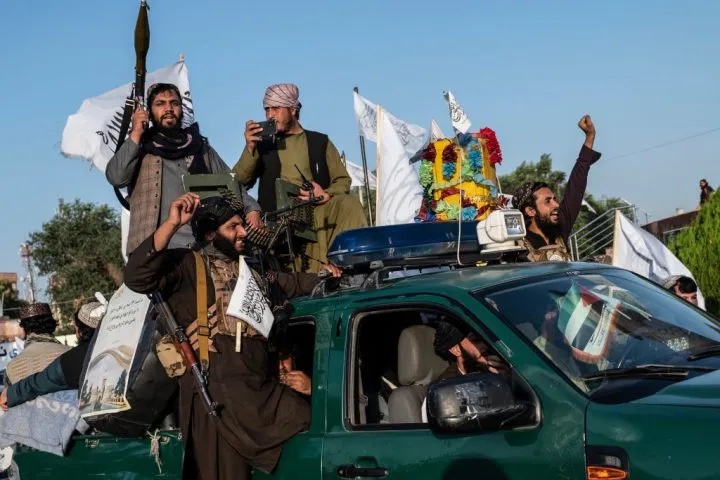








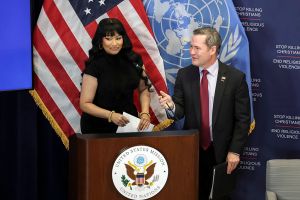

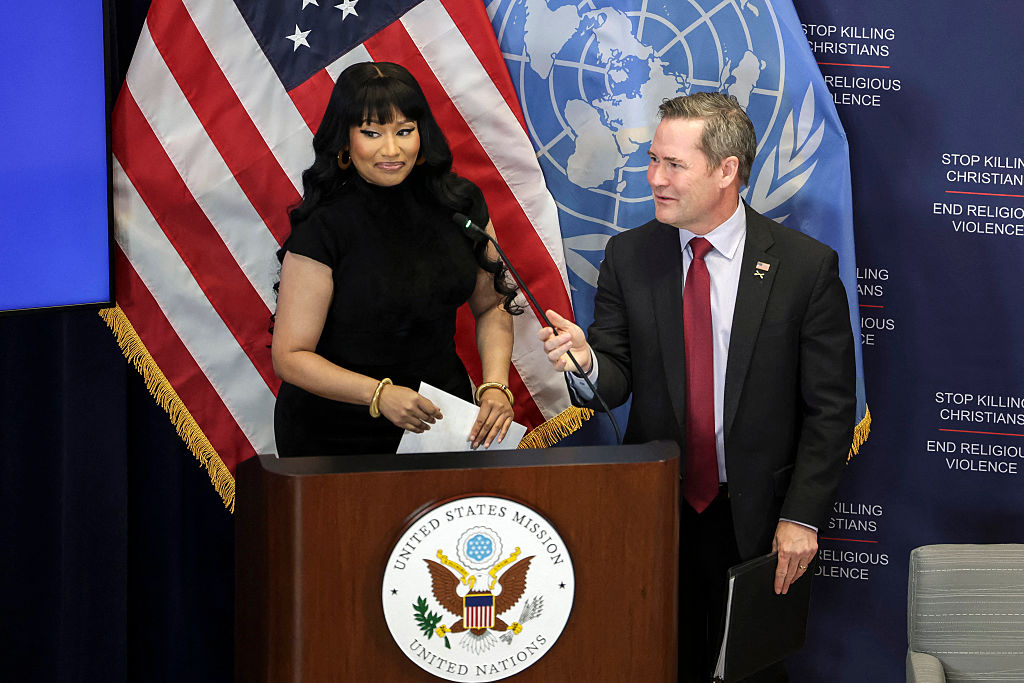
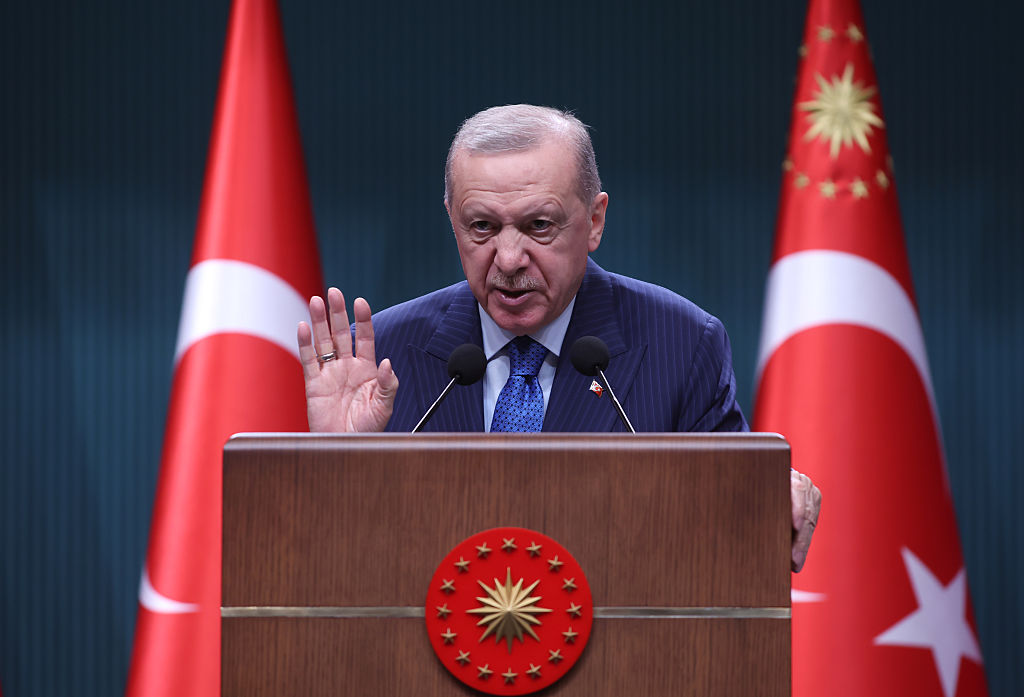

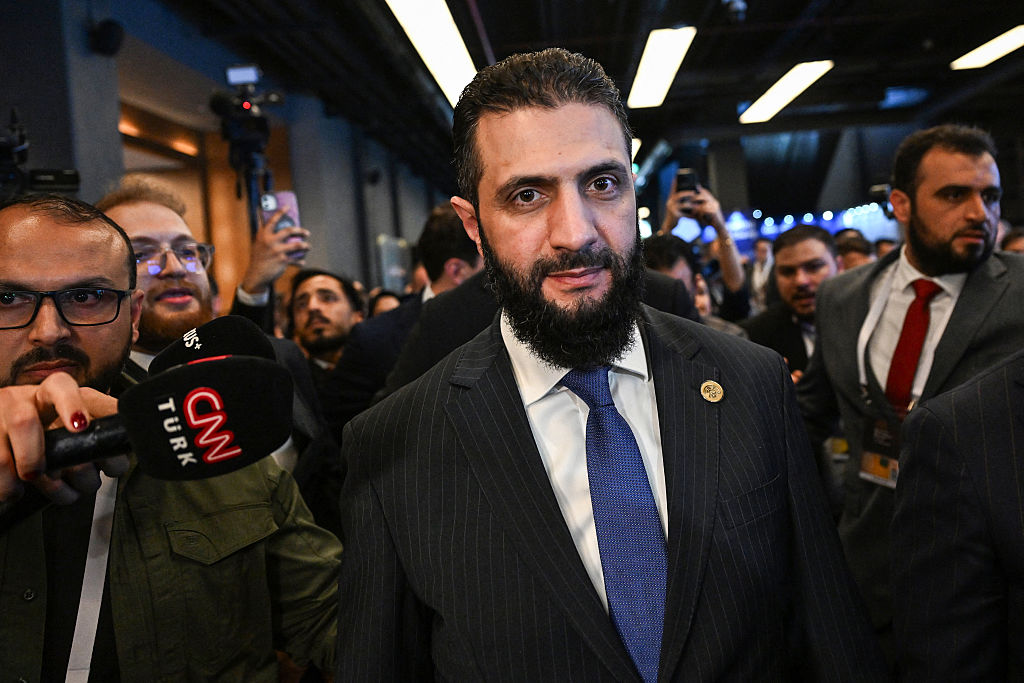








Leave a Reply